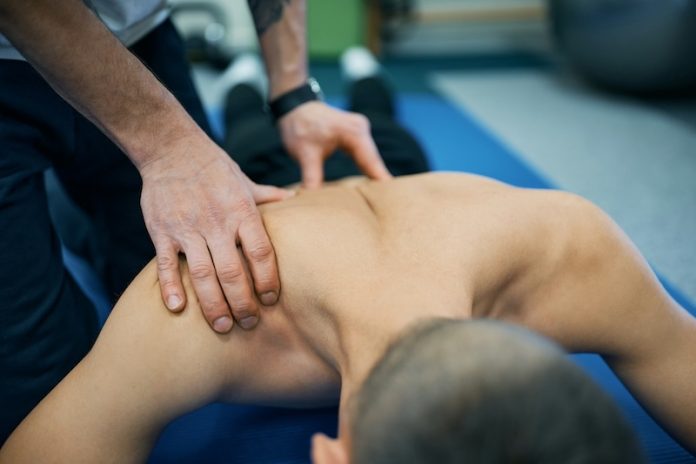
Have you ever had trouble moving your shoulder because it felt stiff and painful? That might be a condition called “frozen shoulder.” It usually starts with mild pain and gets worse over time. Eventually, the shoulder becomes so stiff that even simple movements—like reaching for a cup or putting on a shirt—can become very difficult.
Now, there’s important news for people with diabetes. A new study from Keele University in the UK found that people with diabetes are almost four times more likely to develop frozen shoulder than people without diabetes. This finding could help many people understand one more reason why it’s important to manage diabetes carefully.
The study was led by Brett Paul Dyer and involved a deep look into the link between diabetes and frozen shoulder. The researchers didn’t rely on just one set of results. Instead, they combined the data from eight earlier studies to get a clearer picture.
Out of those eight studies, six included a total of 5,388 people. The results showed that people with diabetes—both type 1 and type 2—were nearly four times (3.69 times, to be exact) more likely to develop frozen shoulder.
To make the evidence even stronger, the researchers also looked at two studies that followed people over time. These long-term studies showed the same pattern: people with diabetes had a higher chance of getting frozen shoulder.
Still, the researchers pointed out that most of the studies they looked at had some possible weaknesses. For example, some didn’t explain clearly how they picked participants, or they didn’t control for other health issues that might affect the results. This means the numbers might not be perfect, but they still show a strong connection.
So, what does all this mean if you have diabetes? It means you and your doctor should keep an eye on your shoulder health. If you start to feel pain or stiffness in your shoulder, especially if it doesn’t go away after a few weeks, it’s worth mentioning it at your next check-up.
The earlier frozen shoulder is noticed, the easier it may be to treat. Delaying treatment can lead to more pain and longer recovery time.
Doctors can also learn from this research. If they know that people with diabetes are more likely to get frozen shoulder, they can ask about shoulder pain during regular visits. A simple question might lead to early treatment and better outcomes.
Although we now know there’s a strong connection between diabetes and frozen shoulder, researchers still don’t know exactly why. One theory is that high blood sugar might damage certain tissues or lead to inflammation in the joints. But more research is needed to find out the real cause and to discover the best ways to prevent it.
In the meantime, people with diabetes should continue doing what they can to stay healthy—managing blood sugar levels, keeping up with doctor visits, and paying attention to new or unusual symptoms. Shoulder pain might not seem like a big deal at first, but if it continues or gets worse, it’s important to speak up.
There are also other studies looking into how to improve life for people with diabetes. For example, some research shows that flaxseed oil might help with blood sugar control, and new medicines are being tested to protect the kidneys. All these studies, including the one on frozen shoulder, help build a better understanding of how to live well with diabetes.
The frozen shoulder study was published in BMJ Open and gives doctors and patients one more piece of the puzzle. It shows that being aware of early signs and acting quickly could make a real difference in avoiding pain and long-term problems.
If you care about diabetes, please read studies about high vitamin D level linked to lower dementia risk in type 2 diabetes, and this eating habit could help reduce risk of type 2 diabetes.
For more information about nutrition, please see recent studies about unhealthy plant-based diets linked to metabolic syndrome, and results showing Mediterranean diet could help reduce the diabetes risk by 30%.
Copyright © 2025 Knowridge Science Report. All rights reserved.



